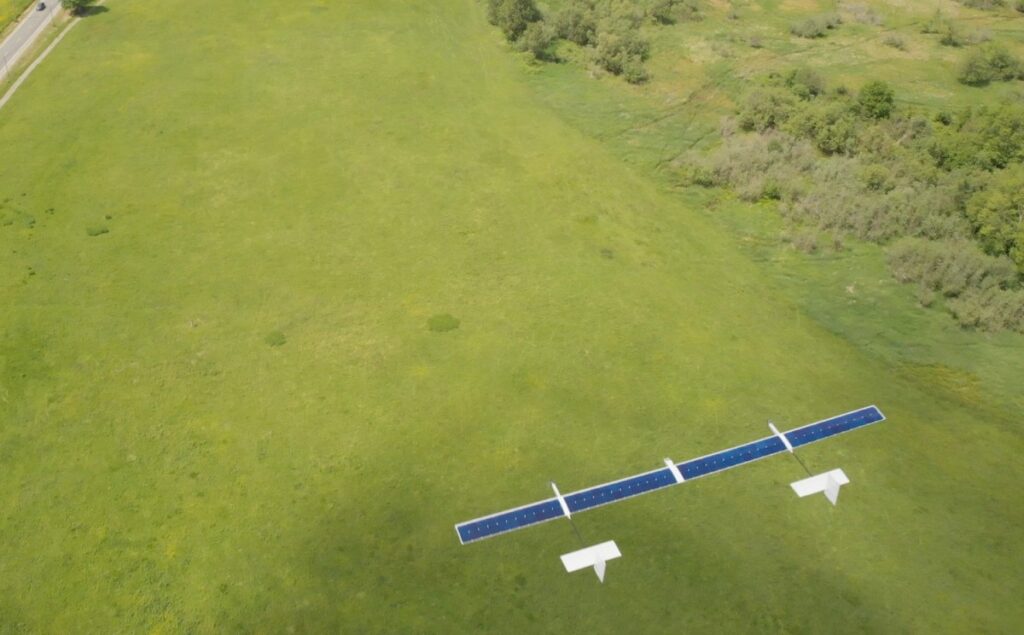The Biden administration announced Monday that Polar Semiconductor will receive up to $120 million in federal funds to expand its chip manufacturing facility in Minnesota. The funding stems from the bipartisan CHIPS and Science Act, which Biden signed into law in August 2022 to strengthen the U.S. supply of semiconductors.
The expansion of Polar Semiconductor’s facility would enable the company to double its U.S. production capacity of sensor and power chips within two years, the U.S. Department of Commerce said in a press release. The company produces semiconductors that are used in cars, electrical grids, defense systems, and more.
Polar Semiconductor has received state and federal support for its proposed expansion, including $75 million from the Minnesota Department of Employment and Economic Development (DEED).
“This proposed investment in Polar will crowd in private capital, which will help make Polar a U.S.-based, independent foundry,” U.S. Secretary of Commerce Gina Raimondo said in the press release. “They will be able to expand their customer base and create a stable domestic supply of critical chips, made in America’s heartland.”
The award is the latest federal grant stemming from the CHIPS and Science Act, which was seen as a response to the supply chain bottleneck that has been an ongoing issue since Asia was hit hard by the early days of the pandemic. The Act was also a response to the simmering tension between the U.S. and China.
In March, the Biden administration proposed up to $8.5 billion to shore up Intel’s U.S.-based production. The company aims to build semiconductor facilities in Chandler, Arizona; Rio Rancho, New Mexico; and Hillsboro, Oregon. In April, the White House signed an agreement to award Taiwan Semiconductor Manufacturing (TSMC) $6.6 billion in funding to set up semiconductor factories in Phoenix, and Arizona.
Last week, the Biden administration announced that it’s looking to fund efforts that improve semiconductor manufacturing by using digital twins, which are virtual models used to test and optimize physical objects and systems. The administration will be accepting applications for what it anticipates to be a total of $285 million in funding.


